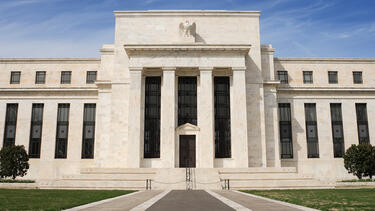Politics and Policy
The Problems with a Socialist Vision for NYC
Yale’s Jeffrey Sonnenfeld and co-authors suggest that some of New York City mayoral candidate Zohram Mamdani’s socialism-inspired proposals, such as city-owned grocery stores, are likely to run into inefficiencies and unanticipated downsides. They write that capitalism can be a better engine of progress.
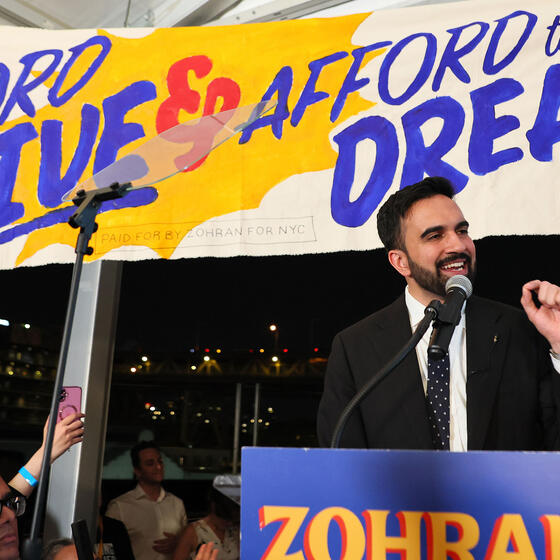
How Should We Think about the Debt?
David Wessel talks about the complex task of helping policymakers and the public to take a balanced, long-term view of spending and the deficit.

- Collection No. 2
What's at Stake?
It’s in the nature of political campaigns to reduce complex issues to simple declarations—good or bad, for or against. We spoke with a number of Yale faculty to get the big picture on trade, jobs, healthcare, and other economic issues that have come up in the 2016 U.S. presidential election.
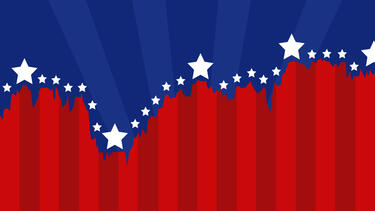
Frame or Get Framed
Yale’s David Bach writes that the legal battle between Apple and the FBI illustrates the strategic importance of issue framing in public debates.

Can the Internet Change China?
Will China’s crackdown on the internet become a model in other countries? Foreign Policy’s David Wertime discusses the country’s unique internet environment.

Can Operations Research Help Find Terrorists?
Yale SOM’s Edward H. Kaplan uses queuing algorithms to estimate how many terror cells exist and determine how to efficiently combat them.

Time to End Confrontations Over Federal Borrowing Limits
In a Foreign Policy op-ed, Yale SOM Dean Emeritus Jeffrey Garten writes that the recurrent threats to force a U.S. debt default could end in catastrophe, and it’s time for Congress to end them permanently.
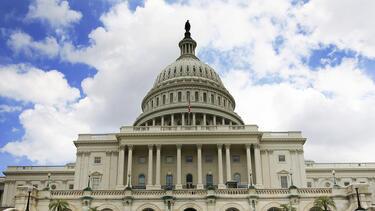
The Nobel Prize in Economics and the Dangers of Foreign Aid
Professor A. Mushfiq Mobarak argues that claims about the impact of foreign aid should be tested with careful empirical study.

Are Public-Private Partnerships the Best Way to Provide Government Services?
HEC’s Bertrand Quelin says that such projects are generally successful—but they aren’t always perceived that way.
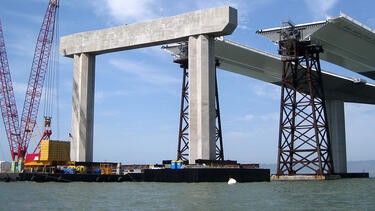
How Will the Trans-Pacific Partnership Affect Global Business?
Global Network Perspectives asked experts across the Global Network for Advanced Management how the trade deal would impact their countries.
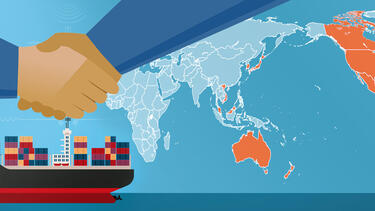
Does the Fed Need a Foreign Policy?
As the Federal Reserve prepares to raise interest rates—a move that will be felt globally—Professor Jeffrey E. Garten outlines a foreign policy agenda for the Fed.
